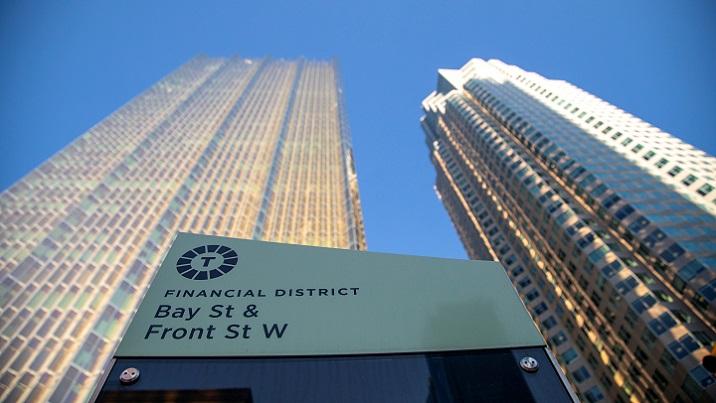Six of Canada's biggest pension funds managing C$1.3 trillion ($965.47 billion) in assets have begun a major expansion into private credit, moving into an area previously dominated by banks.
Canada Pension Plan (CPP) Investments, Ontario Teachers' Pension Plan (OTPP), Ontario Municipal Employees Retirement System (Omers), OPTrust, Healthcare of Ontario Pension Plan (HOOPP) and British Columbia Investment Management Corporation (BCI) told Reuters they intend to increase their exposure to private credit - typically tailored loans to companies underwritten by non-banks.
CPP Investments, which manages C$576 billion, will double its overall credit portfolio to around C$115 billion, said Andrew Edgell, who oversees the portfolio, with private credit a key part of the expansion.
"Private credit is expanding quickly," he told Reuters. "With our global team, we expect to almost double our (overall credit) book over the next five years."
CPP Investments manages most of its C$62 billion credit book in-house.
Pension plans OTPP and OPTrust told Reuters they saw opportunities to plug gaps left by banks. OPTrust said it expected to grow in private credit in Europe, including in Britain.
Banks globally have been squeezed by higher capital requirements, forcing a retreat from some lending.
Omers said it sought the kind of opportunities across credit markets, including in private credit, that it had not seen "in many years".
Michael Wissell, chief investment officer at HOOPP, agreed. "It’s an attractive time in the economic cycle to commit capital to private credit," he said. "Increasingly, the price gap is closing and we’re seeing private credit returns priced very tightly to the equity, but with lower risk."
He added that HOOPP have been growing exposure to private credit and while more than half of its exposure is with external partners, the pension is increasing the proportion of direct private credit investments while continuing to work with partners.
BCI’s private debt program grew 11% over six months to more than C$15 billion as of Dec. 31, 2023, from C$13.5 billion on March 31, 2022.
A spokesperson for the pensions said BCI was "optimistic about the continued growth ahead" in private debt.
Private credit has become popular among pension schemes and insurers because it offers higher returns than traditional fixed-income products and typically better downside protection than equities.
Once a niche asset class, data provider Preqin predicts assets under management will hit $2.8 trillion globally by 2028 from $1.5 trillion in 2022.
"Private credit is an attractive product right now, and the structural shift from banks to private lenders continues," said Nick Jansa, OTPP's executive managing director for Europe, the Middle East and Africa.
Regulators have raised concerns about the sector's rapid growth as part of a burgeoning "shadow banking" industry, particularly as the spike in borrowing costs and economic weakness mean greater risks of businesses defaulting.
The overall non-bank finance sector is worth $218 trillion and accounts for nearly half of financial assets globally, according to the Financial Stability Board.
OPTrust, which last year made a "sizeable" increase in its credit exposure from 10% of its assets in 2022, said its credit investments were primarily handled by external managers.
"We're quite confident they (the partners) have the skills and ability to navigate that market," said David Ross, managing director of OPTrust's capital markets group.






